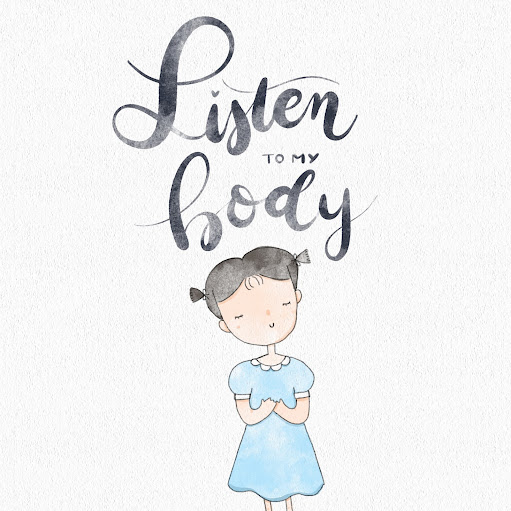An excellent way to remember everything you’ve done is to keep a travel journal. This is a journal which is usually devoted to one trip at a time. You’ll write and add mementos and memories into the journal so that you can look back on it with pride and happiness. Plus, you can share your journey with others.
Start with the Planning Phase
The journal should begin the moment you start planning your trip. You can use the journal to plan by writing the things you need to do and then checking off what you completed for the trip. Ask yourself what you want to accomplish on the trip. What do you want to experience, what do you want to learn, and when will you do each activity?
Write Daily during Your Trip
Once you’re on the trip, don’t miss out writing on any day. Try to find time to write in your journal when the experience is vivid in your mind. You might want to consider taking a recording device with you so you can record your initial thoughts while you’re doing it.
Add Physical Mementos to the Journal
Don’t just add text to your journal - also add color, images, and mementos. For example, save your tickets, a napkin from a restaurant, or other little things you touched during your trip. You don’t even have to buy anything extra to do this part.
Remember to Write the Good and the Bad
You don’t want to look back on the trip and see that it’s not written realistically. It’s perfectly okay to talk about what was good and bad about the trip. When you do that, you can plan differently next time. Maybe you learned that you need new shoes if you’re going to walk that much? It’s a good thing to write down.
Write What You’d Do Differently
If you ever go back to that travel destination, what would you do now that you’ve done it once? Would you change what you chose to do to something else?
Mention What Disappointed You and What Thrilled You
Talk about the things that were disappointments. Were the people nice or rude? Did the train smell like excrement? That might seem like a strange thing to write, but it will help you remember even more. Also, did something unexpected happen that thrilled you and excited you?
State What You Learned from Each Day
Add some facts that you are learning about your destination, the people you met, the people you traveled with, and yourself. For example, did you learn that you love people watching when you didn’t know you did? Did you discover a historical fact previously unknown?
When It’s Over, Finish by Writing a Last Reflective Entry
After the trip is over, take the time to write one last entry where you reflect finally again on everything you learned about the trip. Take about what it was like, what you learned, what surprised you, and so forth. Name the thing you’d do again and the thing you’d not do again, plus something you’d do next time.
A travel journal will improve your memory of the event. You’ll retain more information and - believe it or not - it’ll help you make the next trip even better. Use these tips if you want to get the most out of your travel journaling now and in the future.










